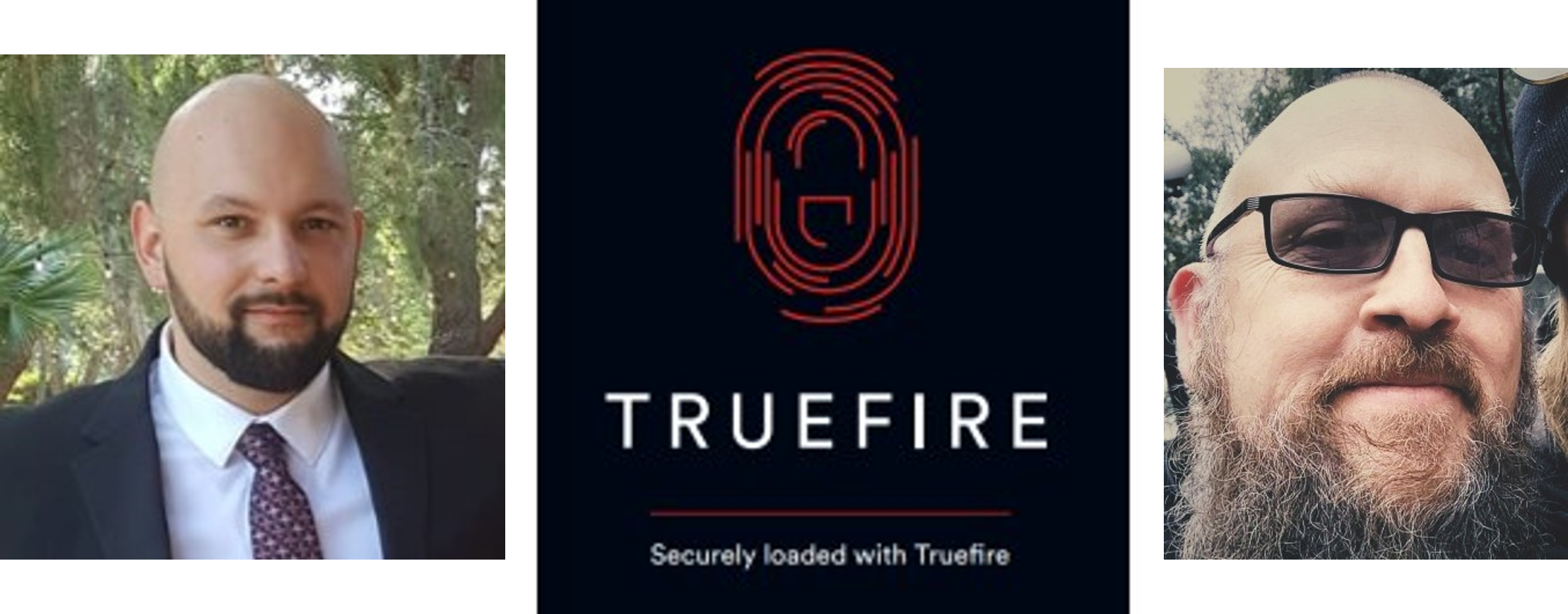Fall is upon us. What was new in spring, madly growing in summer, is now beginning to fall. New revelations will come from this. Only memories will remain.
Our playlist features those who have learned from their seasons. And they are producing remarkable insights that they have agreed to share with us in The Great Conversation. Enjoy the brief description that follows and the associated podcast. I look forward to you joining me as well or let us know of someone you believe you would like to hear and learn from in a great conversation. Contact us at info@The-Great-Conversation.com
Be Less Zombie
We are not will-less. Or speechless. We do not need to act like the living dead. That is the beginning of my conversation with Elvin Turner, an award-winning innovation expert and associate professor of innovation, entrepreneurship and marketing for MBA and executive education programs.
His clients include some of the world’s most innovative organizations in the finance, technology, music, and publishing industries.
His recent book: Be Less Zombie: How great organizations create dynamic innovation, fearless leadership, and passionate people is intended for leaders and their teams who are suffering from creative constipation or creative indigestion where ideas never get heard or never get executed.
I was struck by Elvin’s relentless heart and mindset focused on the leadership opportunity to steward tomorrow’s ideas.
Keeping the Lights On
through Protective Intelligence
Sam Queeno is the Director of Digital Identity and Physical Security for a major utility: American Electric Power (AEP). We have a great conversation around the journey toward AEPs convergence of physical and logical security, first organizationally, then through the baby steps they are taking with the tools.
The conversation then became centered on something all security leaders consider a less then desirable situation: when something bad is happening and you are the last one to know.
This led to a focus on proactive intelligence, first with the hiring of a leader with an analyst background, the manual gathering of information on persons of interest (POI), and eventually the digital transformation of the intelligence gathering process through the purchase of a protective intelligence platform. (Ontic)
“We now have intelligence served up to us”, said Sam. Public records from disparate sources are organized, stored, managed, and delivered to the key people on Sam’s team. However, what Sam said later was telling. I was looking for business and security executives applauding his team’s progress. He corrected that assumption by acknowledging this is the baseline everyone expects their program to have. “This is expected”, said Sam.
Leadership and Security
Guy Beveridge believes in teaching executives and their security teams how to navigate risk and opportunity. Although he is a professional security consultant he first and foremost is focused on the mind of the leader and how they communicate a risk, resilience, and security mindset to their people.
We have a great conversation around human investment, empowerment, and how to handle the deadly curse of organizational culture; not exposing the fear inside.
Covert Close Protection: Protecting the Leader
There is a critical role for the high net worth and/or corporate leader to consider just like they would do for a key function in their company.
This critical role is the Executive Protection Leader. In a great conversation with Mac Segal, founder and CEO of the AHNA Group, we take advantage of his upcoming International Covert Close Protection Course that he is launching on October 25-31 in Amsterdam to uncover the multi-faceted attributes of such a leader.
You will want to listen in to a thought-provoking exchange on the attributes needed in this age of risk – this is not your father’s James Bond.
AHNA Group is a multi-discipline security consortium, providing you with true security convergence services to ensure smooth and optimal operational outcomes
A Smart Gun Promising to Change
the Way We Think about Security and Safety
If you are a gun owner, you know the drill. Keep the gun in a safe. Especially if you have children. What if there was another, better way?
In Seattle, during one of our many so-called civil demonstrations, a gun was taken from a law enforcement officer’s car. A frightening situation. What if the perpetrator could take the gun, but not be able to use it?
It was after another gun-related incident, a school shooting, that the founder of TrueFire, Justin Gant, sought a way to create a fool proof access control device for a firearm. Pretty tough to do since, according to Justin, there have been very few innovations in gun design for many years.
What happened next? A series of design iterations, testing, and test cases that are getting very close to establishing a standard for preventing an unauthorized use of a weapon, without disrupting the experience of the gun owner and the aesthetics of the gun. “It has to not be there”, said Erik Larson, his cofounder.
They are close to imagining a day where no one can access a device that they are unauthorized to use. No more need to lock the gun in a safe. No more frightening incidents around police firearms on the street.
We explore their idea, the stage of their design, and their passion for saving the lives of the gun owner, their friends and family, and law enforcement.
Serving the Emerging Leaders in Security
Mark Weatherford is an American cybersecurity professional who has held a variety of executive level positions in both the public and private sectors. He was appointed as the first deputy under secretary for cybersecurity at the U.S. Department of Homeland Security from 2011 to 2013. He is currently the Global Information Security Strategist for Booking Holdings.
Mark Weatherford is investing his wealth of knowledge into helping emerging companies become more strategic in the risk, resilience, and security industry. He does this through a portfolio of private companies as a strategic advisor as well as with non-profits such as the National Cybersecurity Center (NCC) where he is the Chief Strategy Officer. The NCC is a non-profit helping with the cybersecurity of startups and state and local government. The Unfortunate 5000. There are three program pillars that help them meet their mission.
1. Education and outreach. The NCC’s Cyber Education Program provides cybersecurity leadership, with two main pillars: K-12 education, NCC Student Alliance, and the Adult Education Initiative. As our nation addresses the critical gap in skilled cybersecurity talent, NCC addresses the importance of cyber education through programs and partnerships that invite students to participate in an ecosystem which encourages them to learn, explore, and build their skills.
2. The Space Information Sharing and Analysis Center (ISAC), a separate nonprofit organization, has the mission to facilitate collaboration across the global space industry to enhance our ability to prepare for and respond to vulnerabilities, incidents and threats; to disseminate timely and actionable information among member entities; and to serve as the primary communications channel for the sector with respect to this information.
3. Voting security. Secure the Vote seeks to increase voter confidence in the U.S. on the accuracy of vote-counting, and to generate greater awareness of possible solutions to critical gaps in the voting infrastructure. Secure the Vote supports jurisdictions’ efforts to offer a secure, auditable mobile voting option for overseas voters through coordinating and evaluating pilots across the country.
After exploring his portfolio and his work, we examine the technologies that are transforming our world.
The Servant Leaders of the Security Industry
The Kindness Games was created in September 2020 by Tim Wenzel and Lee Oughton, two security industry leaders. They believed they could help counter-program the disruption, hate, and discontent that had engulfed the world during the COVID-19 Pandemic and the ensuing spike of racial tensions and civil unrest. They exposed their idea to me, Ron Worman, and I fumbled with a spontaneous video recording as my initial contribution. Many others have contributed as well. It has touched something in all of us.
Here is another contribution via our podcast, The Great Conversation. In it you will hear the fullness of my heart for the leaders in this industry who I have encountered in my 20+ years of strategic consulting as managing director of The Sage Group and The Great Conversation. I still sound awkward. It is unscripted. But it is important to keep the kindness moving forward. Thank you Tim and Lee and thank you to The Great Conversation community.







